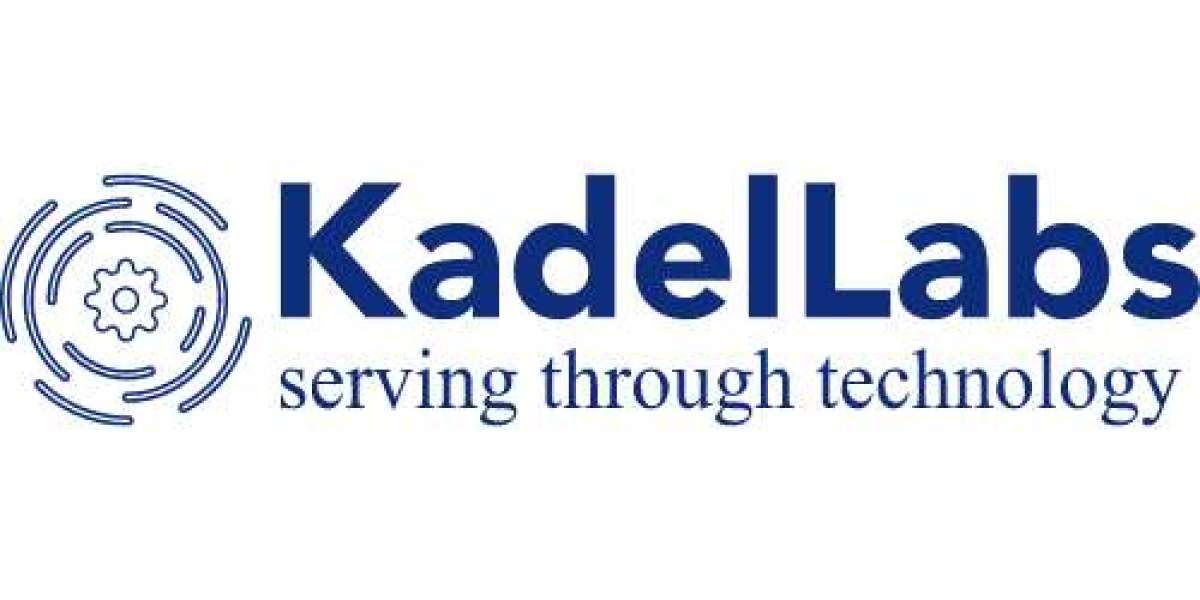For years, women’s wellness advice has been dominated by two main pillars — diet and exercise. Eat clean, move daily, stay consistent. It’s good advice, but it’s also incomplete. Because what happens when you do everything right and still feel exhausted, gain weight, or lose motivation? For many women, the missing piece of the puzzle lies deeper — in their hormones.
Hormones are the silent conductors of the body’s orchestra, influencing everything from metabolism and mood to recovery and sleep. When they fall out of balance, even the healthiest routines can feel like an uphill climb. Understanding and supporting hormone health isn’t a luxury — it’s becoming an essential part of long-term wellbeing.
1. Why Hormones Deserve a Seat at the Table
Think of hormones as your body’s messaging system. They carry instructions between organs, telling your cells when to burn energy, when to repair tissue, and when to rest. When that communication is disrupted — due to stress, poor sleep, aging, or nutrition — the effects can ripple across your entire body.
Common Signs of Hormonal Imbalance in Women:
Chronic fatigue despite good sleep
Difficulty maintaining or losing weight
Increased anxiety or irritability
Irregular menstrual cycles or PMS changes
Low libido or mood dips
Thinning hair and dry skin
If these sound familiar, you’re not alone. Hormonal shifts are a normal part of life, but modern stressors and environmental factors often magnify them. That’s why women are increasingly turning their attention to hormone optimization — not just to look good, but to feel like themselves again.
2. The Limits of Traditional Wellness Approaches
It’s easy to assume that clean eating and regular exercise solve everything. While they’re foundational, they can’t fully override hormonal disruption. For instance, cutting calories too aggressively can lower estrogen levels and slow thyroid function. Overtraining can spike cortisol, which in turn promotes fat storage — particularly around the abdomen.
So even with the best intentions, many women inadvertently push their hormones further out of balance. The key isn’t to do more — it’s to do smarter.
Balancing hormones requires understanding what your body needs now, not what worked five years ago. It’s a dynamic process that changes with age, stress, and lifestyle.
3. Understanding the Hormonal Landscape
A woman’s hormonal system is an intricate network. Estrogen, progesterone, testosterone, thyroid hormones, and growth hormone all interact like gears in a complex machine. When one slows down, the others have to compensate.
Here’s how they impact overall wellbeing:
Estrogen affects mood, bone density, and heart health.
Progesterone helps regulate sleep, calm the nervous system, and counterbalance estrogen.
Testosterone isn’t just for men — it supports muscle tone, confidence, and energy in women, too.
Thyroid hormones control metabolism and temperature regulation.
Growth hormone (HGH) drives tissue repair, recovery, and body composition.
Each of these hormones naturally fluctuates throughout a woman’s life. But when levels drop too low or spike too high, symptoms can appear that no amount of green juice or cardio can fix.
4. The Growing Focus on Growth Hormone (HGH)
Among the hormones gaining attention for their impact on women’s health is human growth hormone, or HGH. Traditionally associated with athletic performance and youthfulness, HGH plays a vital role in everyday wellness. It influences metabolism, muscle recovery, skin elasticity, and even mental sharpness.
As women age, natural HGH production declines — often starting as early as the late 20s. That decline can lead to slower recovery, reduced strength, and increased fat accumulation. But modern science is finding safe, effective ways to support natural HGH function through lifestyle and nutrition.
Programs that emphasize hgh benefits for females (hgh benefits for females) highlight how strategic diet, exercise timing, and restorative habits can naturally stimulate growth hormone production. The goal isn’t about “reversing aging” — it’s about optimizing how the body performs and heals at every stage of life.
Women who focus on growth hormone health often report better energy levels, faster recovery from workouts, and improved muscle definition — all signs that their bodies are functioning more efficiently.
5. How Lifestyle Choices Shape Hormone Balance
Hormones don’t exist in isolation — they respond to how you live. Every meal, workout, and bedtime routine sends a signal that can either support or sabotage your hormonal balance.
Here’s how to align lifestyle with hormonal health:
Nutrition
Eat enough protein to support tissue repair and hormone synthesis.
Prioritize healthy fats — they’re the building blocks of estrogen and progesterone.
Balance blood sugar with fiber and slow-digesting carbs to avoid insulin spikes.
Movement
Combine strength training with restorative activities like yoga or walking.
Avoid chronic cardio or overtraining — they elevate cortisol and drain recovery.
Lift weights progressively to stimulate natural HGH and testosterone production.
Sleep
Aim for deep, uninterrupted rest; that’s when growth hormone peaks.
Create a wind-down ritual — no screens, low light, consistent bedtime.
Stress Management
Chronic stress is the fastest route to hormonal chaos.
Simple practices like breathing exercises or journaling can lower cortisol and support estrogen balance.
Small adjustments, done consistently, create measurable results over time.
6. The Role of Hormone Testing and Personalization
What’s empowering about today’s wellness landscape is personalization. There’s no longer a one-size-fits-all approach to hormone health. Women can now access comprehensive testing — from bloodwork to saliva and urine analysis — that reveals exactly where imbalances exist.
Armed with this data, healthcare providers can tailor programs that combine nutrition, supplementation, and lifestyle changes to restore equilibrium. It’s a more informed, collaborative approach — one that respects the complexity of women’s biology rather than oversimplifying it.
Knowledge is liberation. When you understand your hormones, you stop guessing — and start living with intention.
7. The Mind-Body Connection
One of the most fascinating aspects of hormone health is how it ties into emotional wellbeing. Hormonal balance affects neurotransmitters like serotonin and dopamine, which regulate happiness, focus, and resilience.
That’s why women with balanced hormones often describe feeling calmer, more confident, and emotionally grounded. It’s not just about physical changes — it’s about quality of life.
Wellness isn’t simply the absence of illness. It’s the presence of harmony — between body, mind, and emotion.
8. Looking Ahead: The Future of Women’s Wellness
The conversation around women’s health is evolving — and hormone health is taking center stage. The future of wellness isn’t about extremes; it’s about precision. Instead of guessing what the body needs, science is allowing us to measure and optimize it.
Hormone therapy, growth hormone support, and integrative wellness programs are no longer reserved for elite athletes or aging celebrities. They’re tools for any woman who wants to live with sustained energy, confidence, and vitality.
The message is clear: you don’t have to accept fatigue, mood swings, or slow recovery as the “new normal.” When you take control of your hormone health, you take control of your future.
Final Thoughts
Diet and exercise will always be essential pillars of health — but they’re just the foundation. Hormones are the architects, the invisible forces shaping how well your body responds, recovers, and thrives.
By understanding and supporting hormonal balance — particularly growth hormone — women can experience health that’s not just managed, but optimized.
Because real wellbeing isn’t about doing more — it’s about doing what truly matters, in harmony with the body that carries you through every stage of life.



